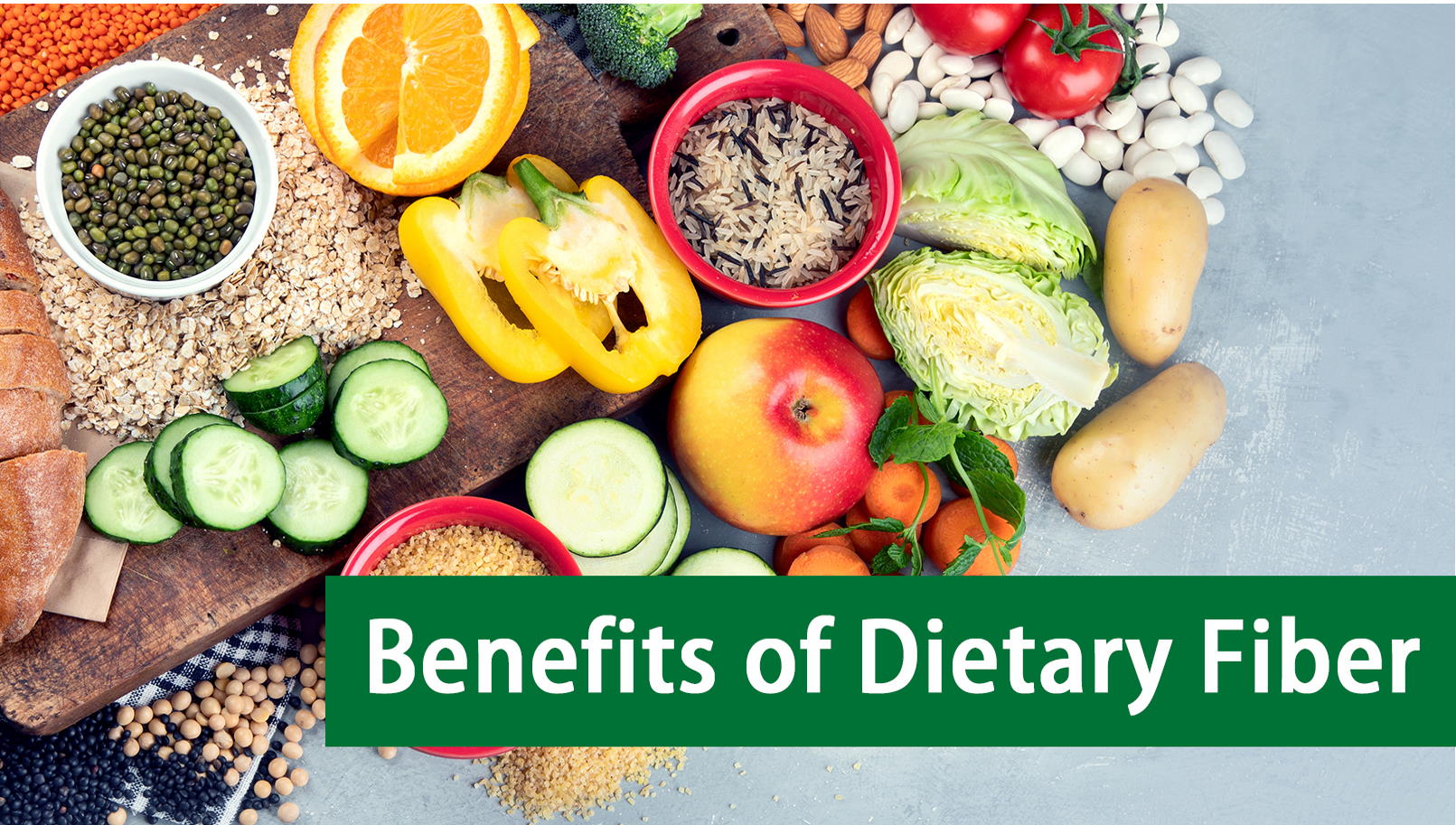25 May 2022
What do you think about dietary fiber? Does fiber only exist in vegetables and fruits? Do you know that there is also dietary fiber in grains?
What exactly is dietary fiber? Is its function just to help with bowel movements? Don't worry, PhytoFairy is here to clear your doubts!
Dietary fiber is mainly divided into two types, namely water-soluble dietary fiber and insoluble dietary fiber:

1. Water-soluble Dietary Fiber
From its name, we may know that water-soluble dietary fiber can be dissolved in water and may help to increase stool volume. Delicate or sticky foods are high in soluble fiber, such as papaya and citrus.

2. Insoluble Dietary Fiber
Judging by its name, we can tell that insoluble dietary fiber is insoluble in water. When ingested by the human body, it absorbs water and swells, helping to soften stools and promote gastrointestinal motility. Hard and crisp fruits such as apples and pears contain more insoluble dietary fiber.

Therefore, if we wish to have a smooth bowel movement, both soluble dietary fiber and insoluble dietary fiber are equally important! The question is, how can we acquire adequate dietary fiber intake?
If we are used to dining out, it is indeed more difficult to acquire sufficient fiber intake, as the vegetables provided are rather few compared to that of provided in home-cooked meals. However, besides vegetables and fruits, dietary fiber can also be found in beans, whole grains and nuts!
Here are some tips to acquire dietary fibers:

1. Whole grains instead of refined rice or noodles, such as brown rice, or adding corn, red beans and other grains to the rice.
2. Eat at least 3 half-bowls of cooked vegetables a day.
3. Eat about 2 fist-sized of fruits every day, such as oranges, passion fruit, apples and others.

4. PhytoNutri contains 21 kinds of beans and grains, which is incredibly rich in dietary fiber.
5. Phyto Fiber contains 4 major sources of cellulose, a collection of soluble and insoluble fibers.

Dietary fiber provides many benefits. Other than helping with bowel movements, it may also increase satiety and improve the balance of gut bacteria. Dietary fiber may help in slowing down the acute rise in blood sugar, and it may help to prevent our blood sugar from soaring high after having meals.
Although it could provide many health advantages, remember to drink plenty of water while consuming dietary fiber! Otherwise, the dietary fiber in the stomach may cause the stool to harden due to insufficient water intake, and might increase the risk of constipation.






